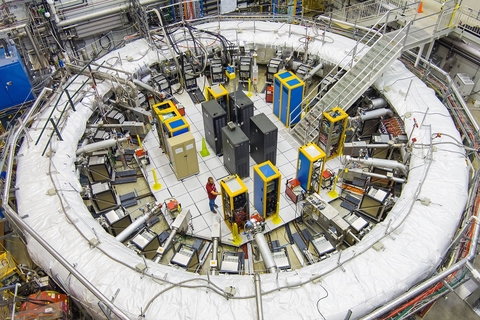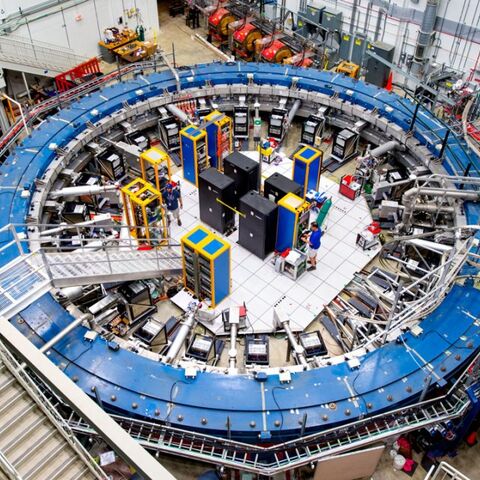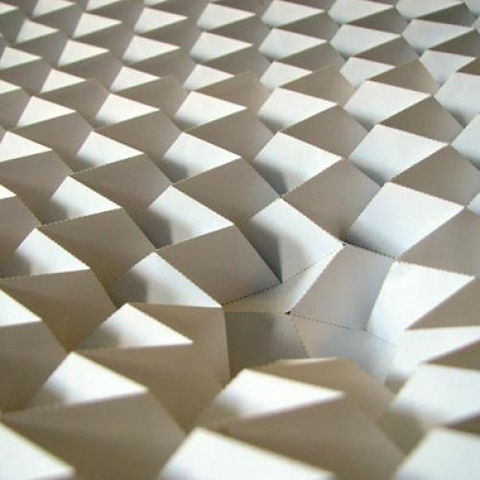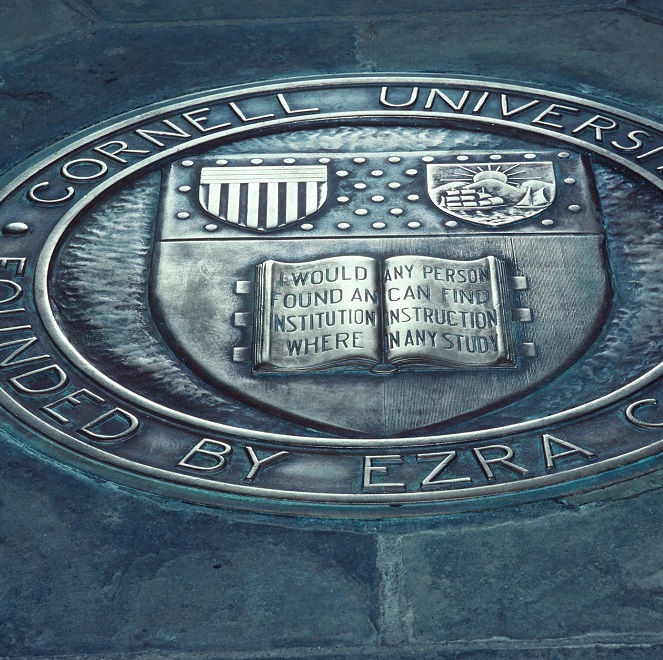g-2 Experiment

The Muon g-2 experiment at Fermilab has made the world’s most precise measurement yet of the anomalous magnetic moment of the muon. It improves the precision of their previous result by a factor of 2 and sets up a showdown between theory and experiment over 20 years in the making.
Muon g-2 (pronounced gee minus two) uses Fermilab's powerful accelerators to explore the interactions of short-lived particles known as muons with a strong magnetic field in "empty" space. Scientists know that even in a vacuum, space is never empty. Instead, it is filled with an invisible sea of virtual particles that in accordance with the laws of quantum physics pop in and out of existence for incredibly short moments of time. Scientists can test the presence and nature of these virtual particles with particle beams traveling in a magnetic field.
The Muon g-2 experimenters examine the precession of muons that are subjected to a magnetic field. The main goal is to test the Standard Model's predictions of this value by measuring the precession rate experimentally to a precision of 0.14 parts per million. If there is an inconsistency, it could indicate the Standard Model is incomplete and in need of revision.
The new results from the Muon g-2 experiment were unveiled in a scientific seminar on August 10, 2023.
Faculty: Lawrence Gibbons



